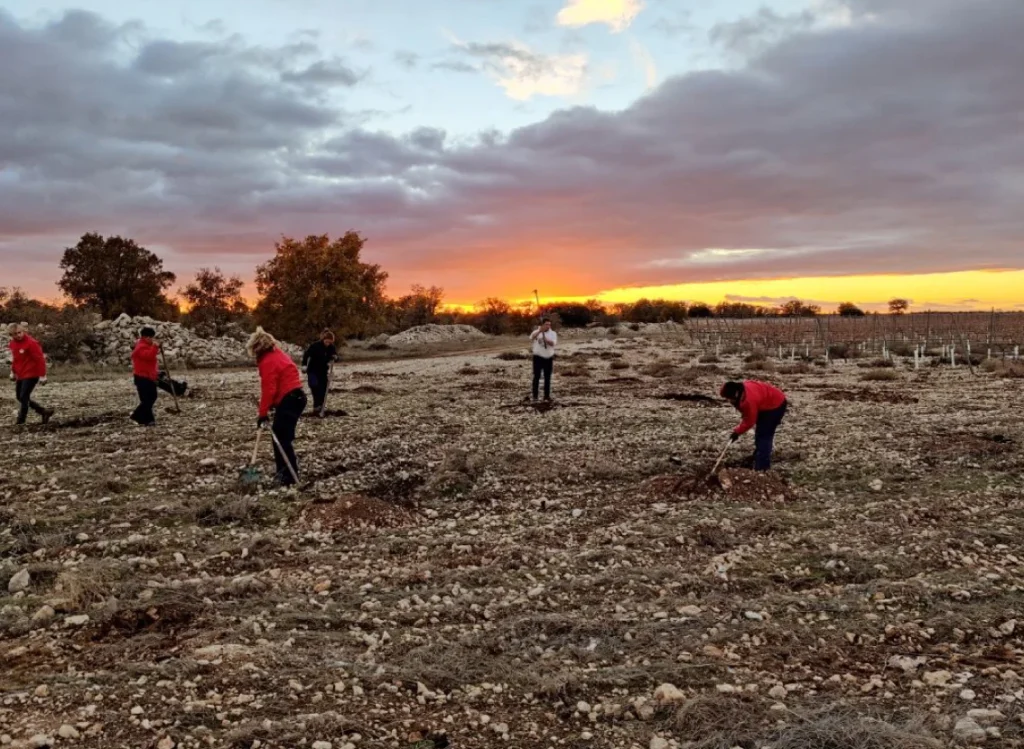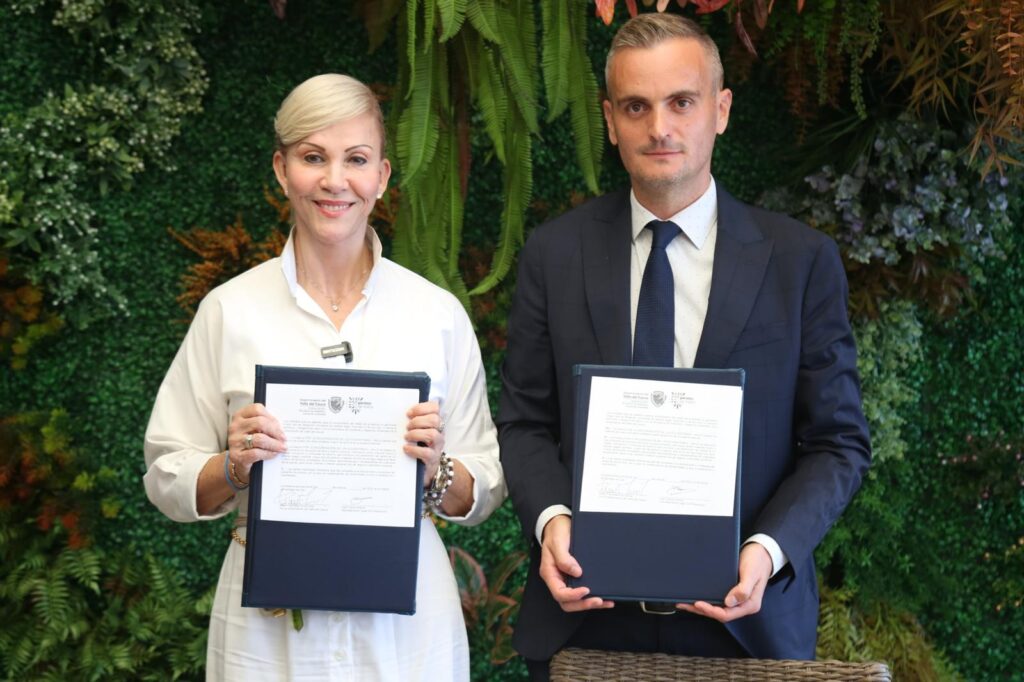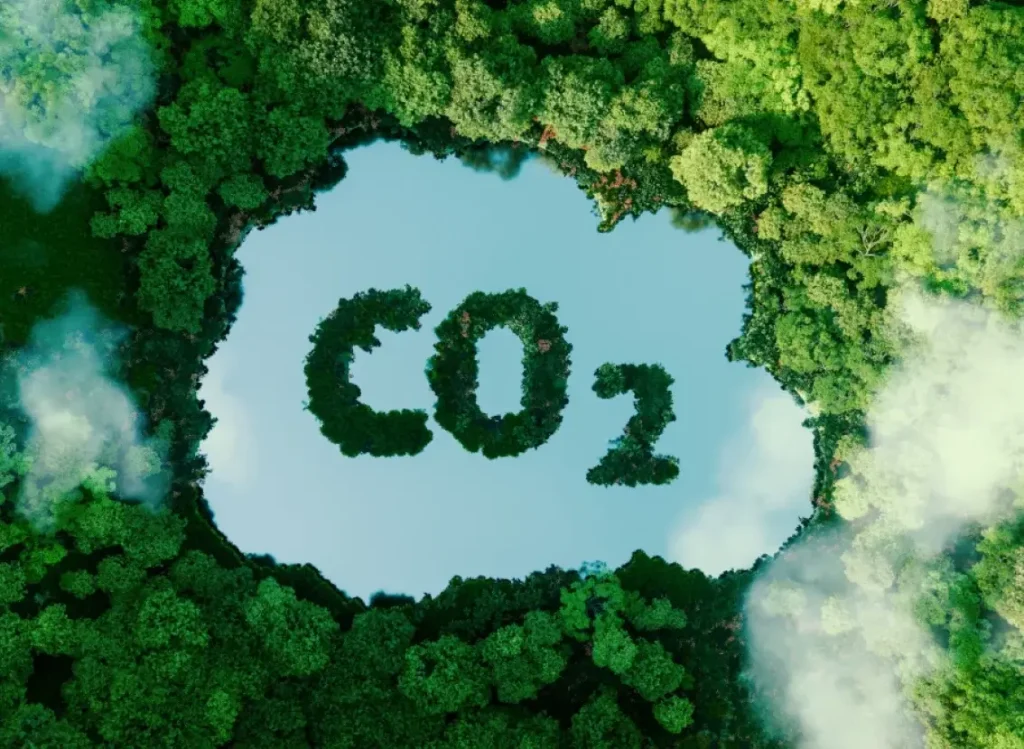In addition, both customers and investors are increasingly demanding that companies be aware of issues such as gender equality, social inclusion and diversity.
Some companies have launched elaborate campaigns to convey such messages that, in practice, do not correspond to the company’s values. It is in these cases that the technique known as social washing occurs. It is useless to offer false promises or take a stand for a cause if the words are not backed up with actions.
At CO2 Revolution we make sure that our clients can communicate with transparency and honesty that, by working with us, they generate real environmental and socioeconomic benefits. Social impact is a difficult aspect to quantify; however, certain indicators can be established to measure it:
- Hours of training provided
- Occupational risk prevention courses
- Hiring of people at risk of social exclusion
- Parity index
- Duration and continuity of hires

Social impact of our actions
When planting, we collaborate with associations and NGOs to train and hire people belonging to vulnerable groups. First of all, we provide a series of training courses including the use of tools and learning reforestation techniques, as well as the collection of information for the prevention of occupational hazards. For CO2 Revolution it is very important to provide continuity to the employment offered to people at risk of exclusion. We adapt the tasks according to the needs of the moment and the characteristics of each employee, counting on them also in summer. Once the reforestation campaign is over, we encourage the execution of maintenance and forestry management tasks in order to continue offering second opportunities at all times of the year.
On the other hand, we believe in equality in the rural environment, where women have traditionally been relegated to the background. That is why we are proud to say that 50% of our forestry team is made up of women. Currently, 22 people are benefiting from our inclusion plan and we have set ourselves the objective of increasing the number of employees for the next season.


